2023 is already setting up to be one of the most wide-ranging and bounteous years for literary purveyors of the world, with an abundance of exciting works slated for publication. This month, we’re presenting three texts that enrapture the imaginative prospects of a world in translation: László Krasznahorkai subverts every expectation for the travelogue, Bachtyar Ali braids storytelling and truth-seeking, and Maria Adolfsson reasserts feminist presence in the male-dominated mystery genre.
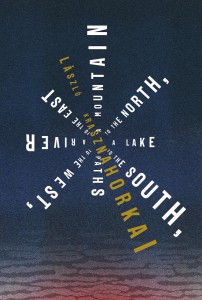
A Mountain to the North, A Lake to The South, Paths to the West, A River to the East by László Krasznahorkai, translated from the Hungarian by Ottilie Mulzet, New Directions/Serpent’s Tail, 2023
Review by Matthew Redman, Digital Editor
László Krasznahorkai is among Hungary’s most feted writers in the Anglophone world. His works, characterised by inordinately long, slow sentences which chart the depths of obsession and madness, have earned him a cult of devoted readers and international acclaim, while his translators—Georges Szirtes and Ottilie Mulzet—are lauded writers in their own right. However, his most recent novel to be translated into English, A Mountain to the North, A Lake to The South, Paths to the West, A River to the East, is an intriguing departure from the works that have made his name. The vast sentences he is known for are intact, but they are used in service of a radically different tonal palette. Where his other novels use length to induce futility and despair, A Mountain to the North explores the beatific, languorous, and even beautiful possibilities of extreme syntax.
Set in Japan, the novel takes the form of a travelogue—albeit with the sheer mass of textual detail slowing the journey to an ooze. Strip this away and you find comparatively simple structural bones: a train deposits us at a deserted platform somewhere in Kyoto, we leave the station and wander half-lost through empty streets until we arrive at our destination, a Buddhist monastery in which we remain for most of the novel, touring the grounds and slowly penetrating the interiors. It is a balmy late afternoon, there are beautiful gardens all around, the monastery is silent and exquisite. This part of Kyoto is almost entirely bereft of inhabitants, but the emptiness is one of the rare details that Krasznahorkai chooses not to linger on. In fact, the absence is fortuitous, because the novel is uninterested in people; what consumes the author instead is the immutable, near indescribable beauty of things wrought in accordance with Japanese tradition. With the streets and monastery empty, the prose is freely devoted to the description of his sublime surroundings. Plants in their carefully tended gardens; the shrine’s architecture—their calculations and materials, the minutiae of their construction; the nigh-divinely sagacious prescriptions according to which every detail within the monastery was planned, planted, and built; the commitment at every turn to the tireless refinement of perfection; and above all the feel of all of this beauty—the texture and the grain, and the effect on the soul.
Each chapter houses a single enormous sentence that describes and extols a single beautiful object (a gate, a shrine, a statue) or craft (carpentry, gardening), and ends only when Krasznahorkai deems the subject exhausted. As demanding and unconventional as this novel is, it is not difficult in the way that experimental fiction is often thought to be. For all its density, there is a deceptive simplicity, even a solicitousness to Krasznahorkai’s prose. His sentences are slow enumerations in service of a simple message that never changes: the monastery and everything within it are perfect, and it could only ever have been so, for it is all the product of patient, genius craftsmen adhering immaculately to faultless prescriptions. The long succession of accounts of perfect things has an incantatory quality, the meticulousness neither torturous nor bewildering, but rather intended to soothe. Krasznahorkai wants to leave you tranquil:
[…] it was something like a labyrinth, of course, but at the same time the chaos causing the oscillation of the layout of these streets wasn’t frightening and even less so futile, but playful, and just as there were finely wrought fences, the grated rolling gates protected by their small eaves, above, leaning out from both sides here and there, were the fresh green of bamboo or the ethereal, silver foliage of a Himalayan pine with its firework-like leaves unfolding; they bent closely over the passerby as if in a mirror, as if they were protecting him, guarding him and receiving him as a guest within these tightly closed fences and gates, these bamboo branches and the Himalayan pine foliage; namely, they quickly gave notice to the one arriving that he had been placed in safety […]
READ MORE…

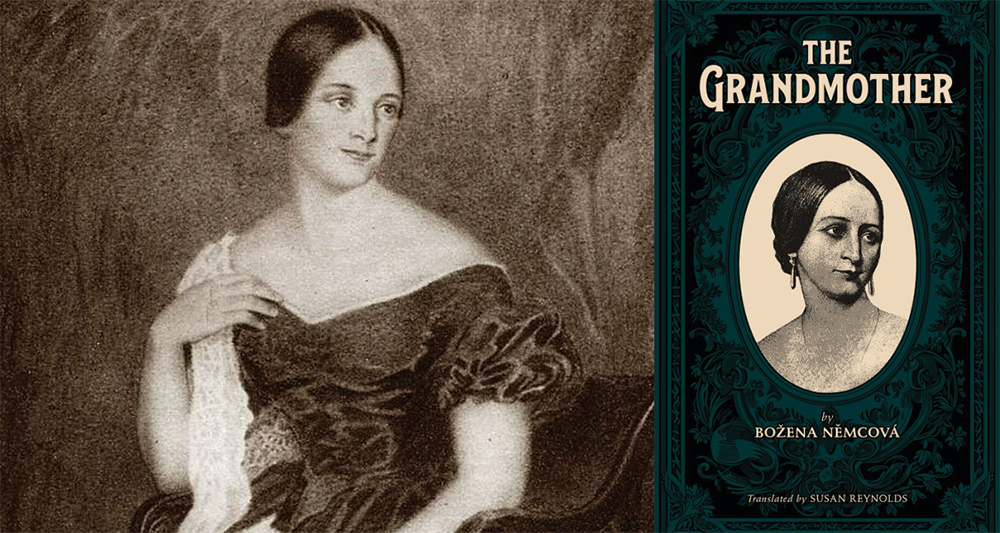


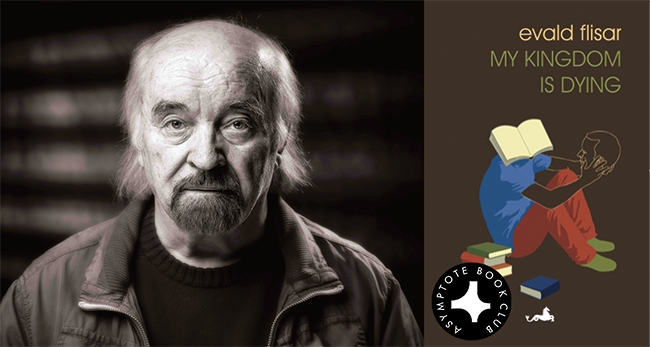
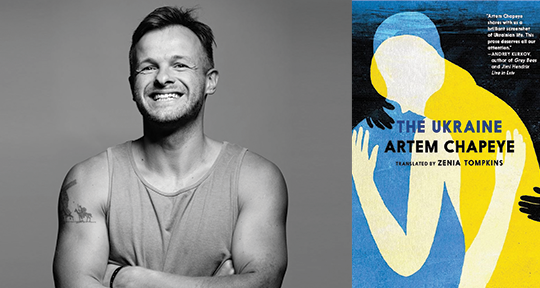
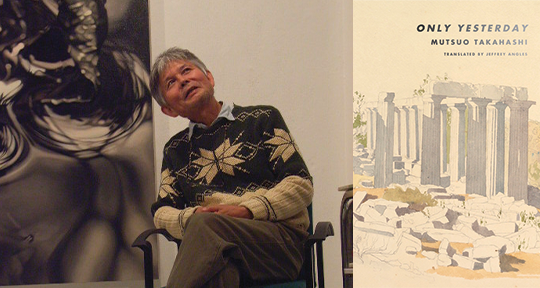
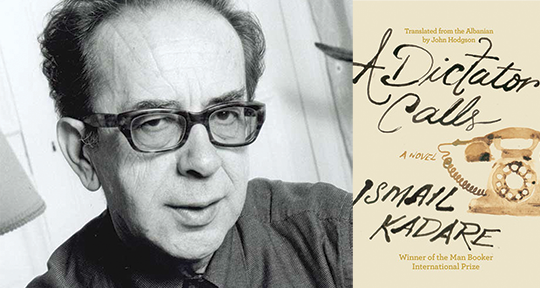
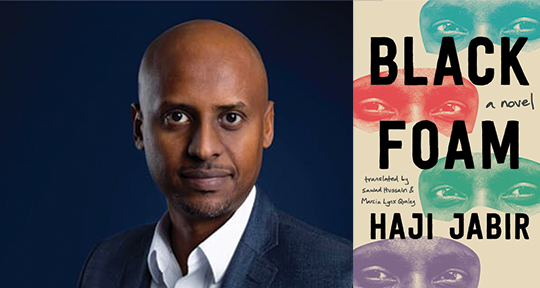


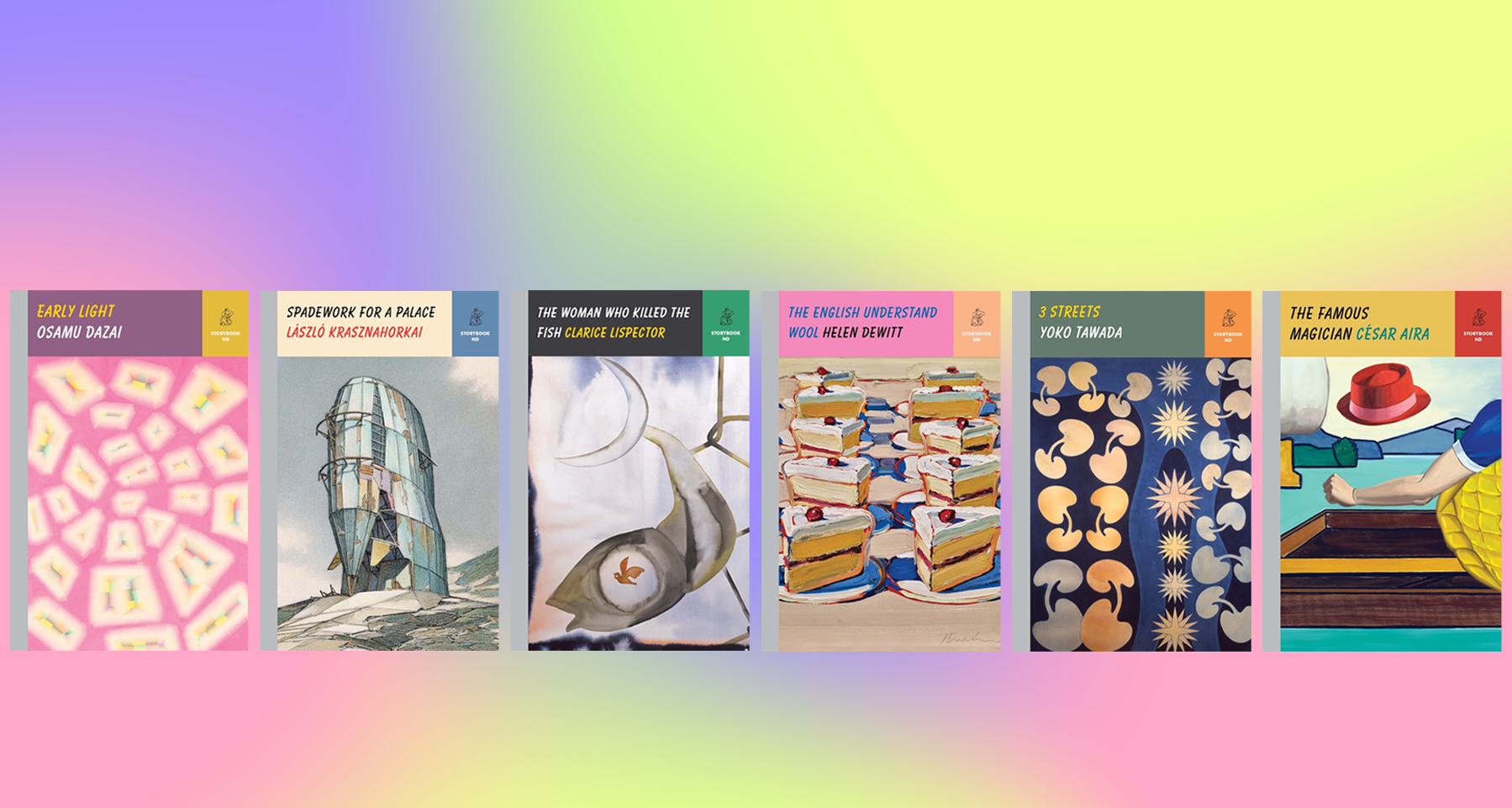
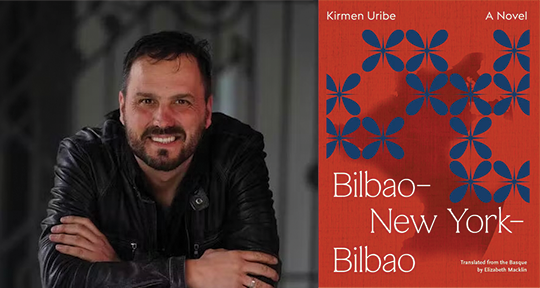
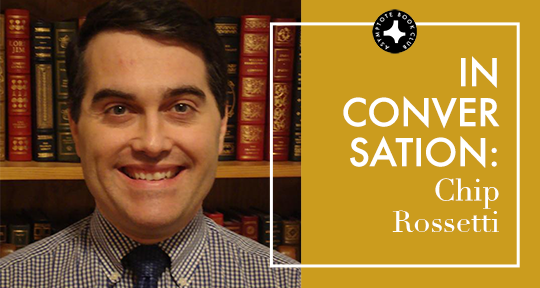
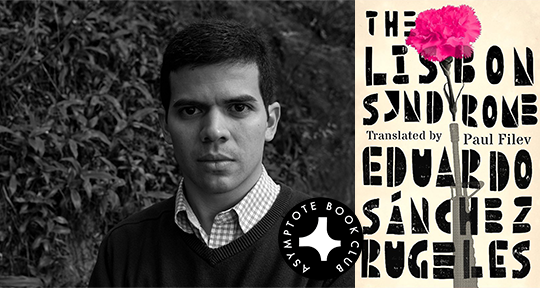
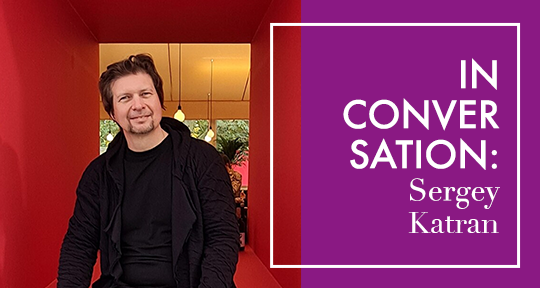
A Pointed Atemporality: Mui Poopoksakul on Translating Saneh Sangsuk’s Venom
He's very aware of the rhythm and musicality of this text . . . he said it should take something like an hour and thirty-seven minutes to read.
In our May Book Club selection, a young boy struggles with a snake in the fictional village of Praeknamdang, in a tense battle between beauty and cruelty. In poetic language that is nostalgic for the world it describes without romanticizing it, Saneh Sangsuk creates a complex and captivating world. In this fable-like story there are no simple morals, in keeping with Sangsuk’s resistance to efforts to depict a sanitized view of Thailand and to the idea that the purpose of literature is to create a path to social change. In this interview with translator Mui Poopoksakul, we discuss the role of nature in the text, translating meticulous prose, and the politics of literary criticism.
The Asymptote Book Club aspires to bring the best in translated fiction every month to readers around the world. You can sign up to receive next month’s selection on our website for as little as USD20 per book; once you’re a member, join our Facebook group for exclusive book club discussions and receive invitations to our members-only Zoom interviews with the author or the translator of each title.
Barbara Halla (BH): How did you get into translation, especially given your law background?
Mui Poopoksakul (MP): I actually studied comparative literature as an undergrad, and then in my early twenties, like a lot of people who study the humanities, I felt a little bit like, “Oh, I need to get a ‘real job.’” I went to law school, and I worked at a law firm for about five years, and I liked that job just fine, but it just wasn’t what I wanted to do for the rest of my life.
So, I started thinking, What should I be doing? What do I want to do with myself? I had always wanted to do something in the literary field but didn’t quite have the courage, and I realized that not a lot of Thai literature been translated. I thought, If I can just get one book out, that would be really amazing. So, I went back to grad school. I did an MA in Cultural Translation at the American University of Paris, and The Sad Part Was was my thesis from that program. Because I had done it as my thesis, I felt like I was translating it for something. I wasn’t just producing a sample that might go nowhere.
The whole field was all new to me, so I didn’t know how anything worked. I didn’t even know how many pages a translation sample should be. But then I ended up not having to worry about that because I did the book as my thesis.
BH: You mentioned even just one book, but did you have any authors in mind? Was Saneh Sangsuk one of those authors in your ideal roster?
MP: I wouldn’t say I had a roster, but I did have one author in mind and that was Prabda Yoon, and that really helped me get started, because I wasn’t getting into the field thinking, “I want to translate.” My thought was, “I want to translate this book.” I think that helped me a lot, having a more concrete goal.
READ MORE…
Contributor:- Barbara Halla
; Languages: - English
, - Thai
; Place: - Thailand
; Writers: - Mui Poopoksakul
, - Prabda Yoon
, - Saneh Sangsuk
; Tags: - Deep Vellum
, - environmentalism
, - literary criticism
, - nature
, - nature in storytelling
, - pacing
, - pacing in translation
, - Peirene
, - respect for nature
, - rhythm
, - rhythm in translation
, - social commentary
, - storytelling
, - Thai literature